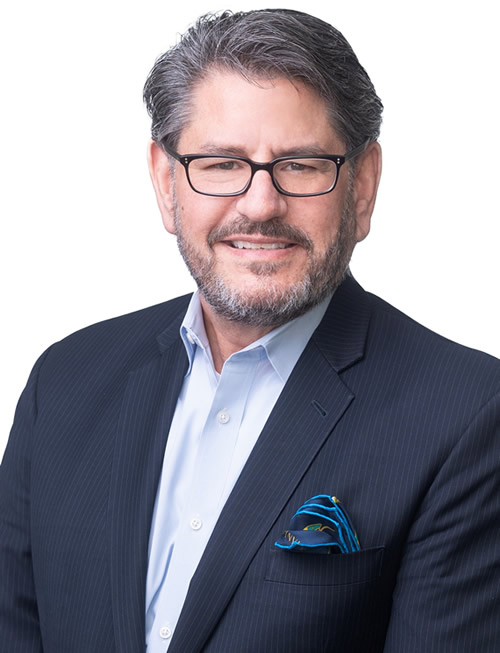If you’ve attended any of the events put on by the National Reverse Mortgage Lenders Association (NRMLA) over the past several years, chances are you have run into Jim Milano.
Milano, who currently serves as an attorney with law firm McGlinchey Stafford, for many years served as part of Weiner Brodsky Kider, the outside counsel firm for NRMLA.
To get a better idea of how Milano found himself as one of the industry’s leading legal authorities, RMD sat down with him to discuss his journey into the orbit of the reverse mortgage business and what he’s observed about it during his involvement with it.
Baton Rouge beginnings, Financial Freedom
Milano hails from Baton Rouge, La., where he attended law school. Shortly afterward he moved to Atlanta where he became involved in the consumer finance business throughout the 1990s, and in 2000 he first entered the reverse mortgage industry’s sphere of influence. That’s when he joined a law firm that had been doing work for former reverse mortgage industry leader Financial Freedom.
“People who’ve been in the industry a long time will remember Financial Freedom and Wells Fargo [as] the largest players in the business 23 years ago,” Milano said. “Financial Freedom was a wholly contained company. They had retail, wholesale and servicing, they did securitizations with the help of Lehman Brothers. At that time, Fannie Mae was buying all of the HECM loans.”

Milano began working on Financial Freedom’s rollout of private-label reverse mortgage products into new states, with the biggest investment going toward a product called the “Cash Account.” Already with an established presence in western states including Washington and California, the company had hoped to expand its availability toward the Eastern Seaboard.
“What we did was review their loan program against state laws and make specific state-level adjustments to it,” Milano said. “Obviously, Financial Freedom was a big HECM lender, and if you’re in the reverse mortgage loan business, you’re in the FHA business. So, most of the product is the FHA-insured HECM.”
This round of proprietary products from the leading lenders of the time mostly disappeared by 2007-08, and the Cash Account itself was suspended in the summer of 2008. But today, with a resurgence of private product availability, Milano still helps companies to roll their private-label options out to new states, he explained.
In ‘the room where it happens’
Milano spent over 20 years with Weiner Brodsky Kider, which remains the outside general counsel for NRMLA. One of the ways he characterizes his involvement with the firm and its work with NRMLA is by citing the popular musical “Hamilton,” created by Lin-Manuel Miranda.
“There’s this line from the play about being ‘in the room where it happens,’ you’ve got to be in the room,” he said. “And serving NRMLA in that fashion, I had a seat at the table. Early on I worked with other lawyers, but as time went on, I feel like it’s pretty accurate to say that I was sort of the point person in supporting NRMLA.”
Being that close to where certain industry decisions are made added to Milano’s appreciation for both the wider industry and the association itself, he said.
“You sort of see it live as it happens, and sometimes you see things happening before everyone else sees it happening, “ he said. “Just like my general reverse mortgage work, I was pleased and proud to support the industry in that fashion.”
Solving problems
Milano remembered an observation made by an industry leader roughly 10-15 years ago, who observed that the reverse mortgage industry seems to face an existential crisis every year. That can make working on industry policy matters a tiring prospect, because that observation doesn’t appear to have changed all that much.
“I never thought about that until he said it, and he said it years ago,” Milano said. “You know, it’s such a niche industry. We rely so heavily on HUD because of the HECM program, and we need their support. They repeatedly, continuously — regardless of who the commissioner or who the Secretary is — have always repeated their support for the program.”
Still, the reverse mortgage business tends to have a lot of needs, which requires HUD to be reactive. Sometimes they are not as reactive as the industry would prefer, which can be frustrating even if understandable.
“That could be a bit of a grind, but somebody had to do it,” he said. “And others do it. Non-lawyers that are on the board do it. So, I was proud and pleased to be part of that and to support that.”
Look for more from Milano on RMD soon, where he will talk about joining his new law firm, and its ongoing reverse mortgage work and capabilities.





